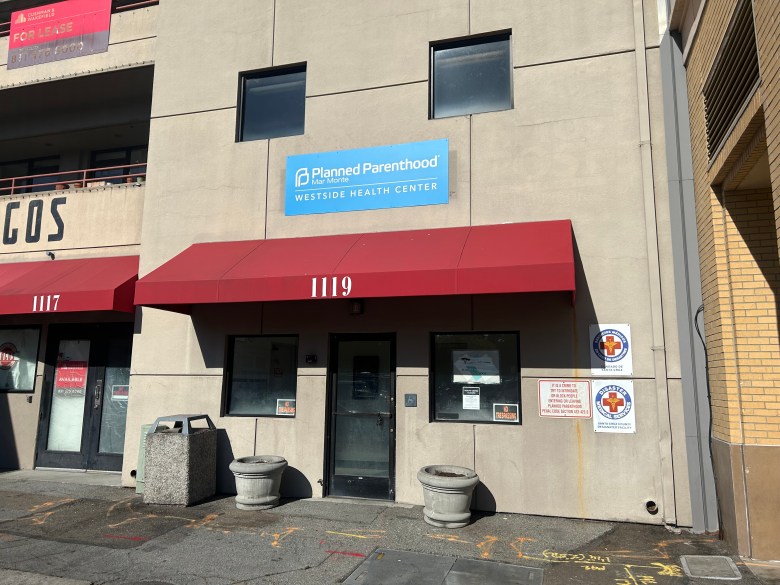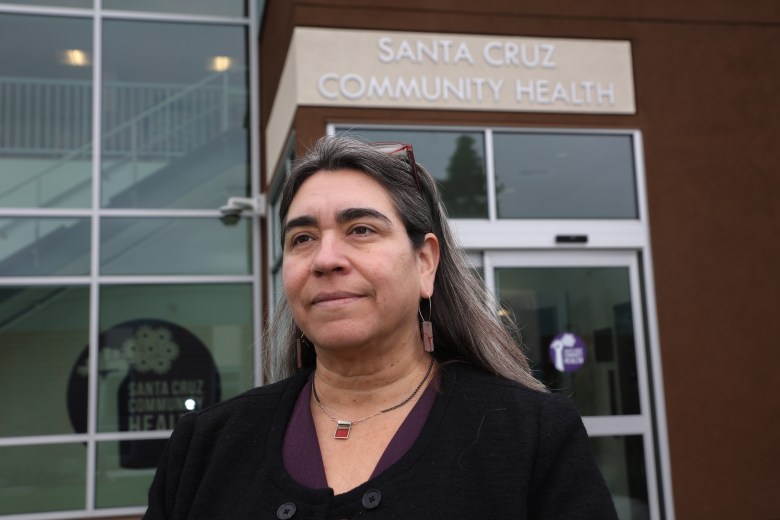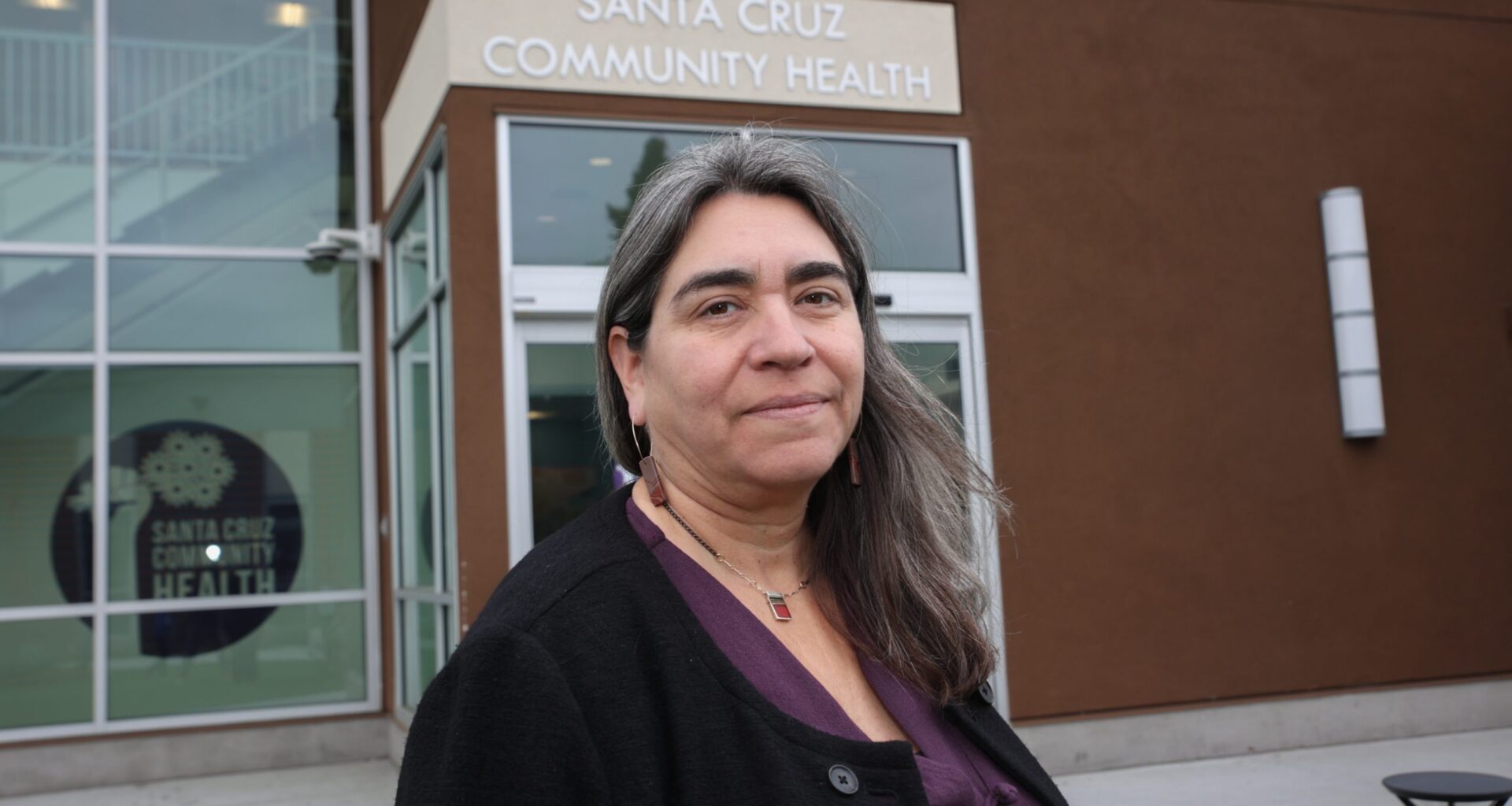Quick Take:
The sudden closure of the Santa Cruz Planned Parenthood clinic, one of five shuttered due to a federal court ruling allowing Medicaid funding cuts for abortion providers, has sparked concern among local health and education leaders about reduced access to essential health services for low-income families. With the clinic previously serving thousands of patients annually, local health centers are bracing for a surge in demand amid an already strained healthcare network.
Santa Cruz County health care and education leaders say they are devastated and concerned about the impacts that the sudden closure of the Santa Cruz Planned Parenthood clinic this week will have on local families.
Santa Cruz City Schools District spokesperson Sam Rolens told Lookout that many of the district’s low-income families used the downtown Planned Parenthood clinic as a starting point when seeking general health services because it provided free health care to patients.
“There’s a lot of families who, if they don’t have insurance, or haven’t navigated how to get insurance, [go to the clinic] for everything from a cold to a sprained ankle,” he said. “They will sometimes walk into Planned Parenthood because it is a doctor that they have used in the past, and they can at least get information from them on where to go.”
The clinic, located downtown at Cathcart Street and Pacific Avenue, was one of five offices that the regional Planned Parenthood Mar Monte shuttered on Thursday as a result of a federal court order allowing Medicaid funding cuts to be implemented for the abortion provider’s clinics in the state. Abortions are just one of the services the clinic provides, which include breast exams, pap tests, prenatal care, treating sexually transmitted infections.
Those five offices, including Santa Cruz, South San Francisco, San Mateo, Gilroy and Madera, served 23,000 patients collectively over this past fiscal year.
 The Planned Parenthood clinic entrance in downtown Santa Cruz. Credit: Max Chun / Lookout Santa Cruz
The Planned Parenthood clinic entrance in downtown Santa Cruz. Credit: Max Chun / Lookout Santa Cruz
Rolens said the school district’s team of nurses are working to address what they see will be a gap in services for many families and are putting a plan together to refer families to alternative sources, including Santa Cruz Community Health centers.
“Informally, [Planned Parenthood] has become a kind of first stop for people who aren’t sure what their insurance status is,” said Rolens, adding that people also used the clinic e because other health facilities are overloaded with patients.
Santa Cruz Community Health CEO Anita Aguirre said she was devastated to learn about the closure and said the organization is focused on ensuring it can take an expected increase in new patients. She said the nonprofit hasn’t seen an increase in calls yet but she expects to, given the number of patients the Santa Cruz Planned Parenthood clinic was seeing is in the thousands.
“The entire health care network is going to be squeezed,” said Aguirre.
 Anita Aguirre, CEO of Santa Cruz Community Health. Credit: Kevin Painchaud / Lookout Santa Cruz
Anita Aguirre, CEO of Santa Cruz Community Health. Credit: Kevin Painchaud / Lookout Santa Cruz
Santa Cruz Community Health is a federally qualified health center that serves about 13,000 patients each year from their three centers: downtown, in Live Oak and Ben Lomond. They are mandated to provide care to anyone who seeks services regardless of their ability to pay.
Aguirre said 70% of their patients have insurance through the state’s Medicare program, Medi-Cal. The centers offer comprehensive primary care, including pediatrics, OBGYN, acupuncture, optometry, behavioral health, psychiatry and substance use disorder services.
She said she’s disappointed that the federal administration pursued the one-year ban of Medicaid funding for clinics that provide abortion services as it was an “intentional target” of Planned Parenthood.
“No organization can withstand not being paid for their services or withholding their billing for that amount of time,” she said.
Aguirre said “this is the first shoe that has dropped” and that the Trump administration’s Medicaid policy changes will continue to have devastating effects on health care clinics and the Santa Cruz community.
Tony Nuñez, spokesperson for Community Bridges, expressed similar concerns. He said health care providers like Santa Cruz Community Health and Planned Parenthood will face serious budget challenges as Medicaid cuts are implemented.
“You’re going to see a lot of clinics like this dealing with these budget shortfalls – for the federally qualified health clinics, like Salud Para La Gente and Santa Cruz Community Health,” he said. “I think as reimbursements rates drop for Medicaid, and Medi-Cal here in California, you’re going to see them come up against some of these budget shortfalls.”
Community Bridges is a nonprofit organization that provides a wide range of services from senior health and transportation, nutrition programs and comprehensive care for Medical holders with complex needs in centers across the county. Nuñez said, as it is, access to health care for residents in Santa Cruz is a serious problem.
“Health care is already a challenge in this county,” he said. “When these clinics close down, the access to health care continues to dwindle and that’s a concern.”
The clinic closures stem from a provision in Trump’s “One Big Beautiful Bill” that specifically targets health care organizations receiving more than $800,000 annually in Medicaid reimbursements while also providing abortion services.
Planned Parenthood Federation of America sued the Trump administration in federal court immediately after the bill’s signing, arguing that the legislation unfairly penalizes medical providers for legally protected health care services. A federal judge in Massachusetts this week denied the organization nationwide injunctive relief, allowing the funding restrictions to continue against most Planned Parenthood clinics nationwide and leaving them without federal reimbursements during what could be a lengthy legal battle.
While federal funding for abortion has been prohibited, Planned Parenthood Mar Monte received about $100 million a year in federal reimbursements for other medical services provided to Medicaid patients, who make up about 80% of their clientele. The reimbursements previously covered essential non-abortion healthcare services including STI testing, cancer screenings, contraception, and routine health checks for Medicaid patients. These services account for roughly half of Mar Monte’s annual revenue, which they used to maintain operations across their 35 clinics serving low-income communities.
